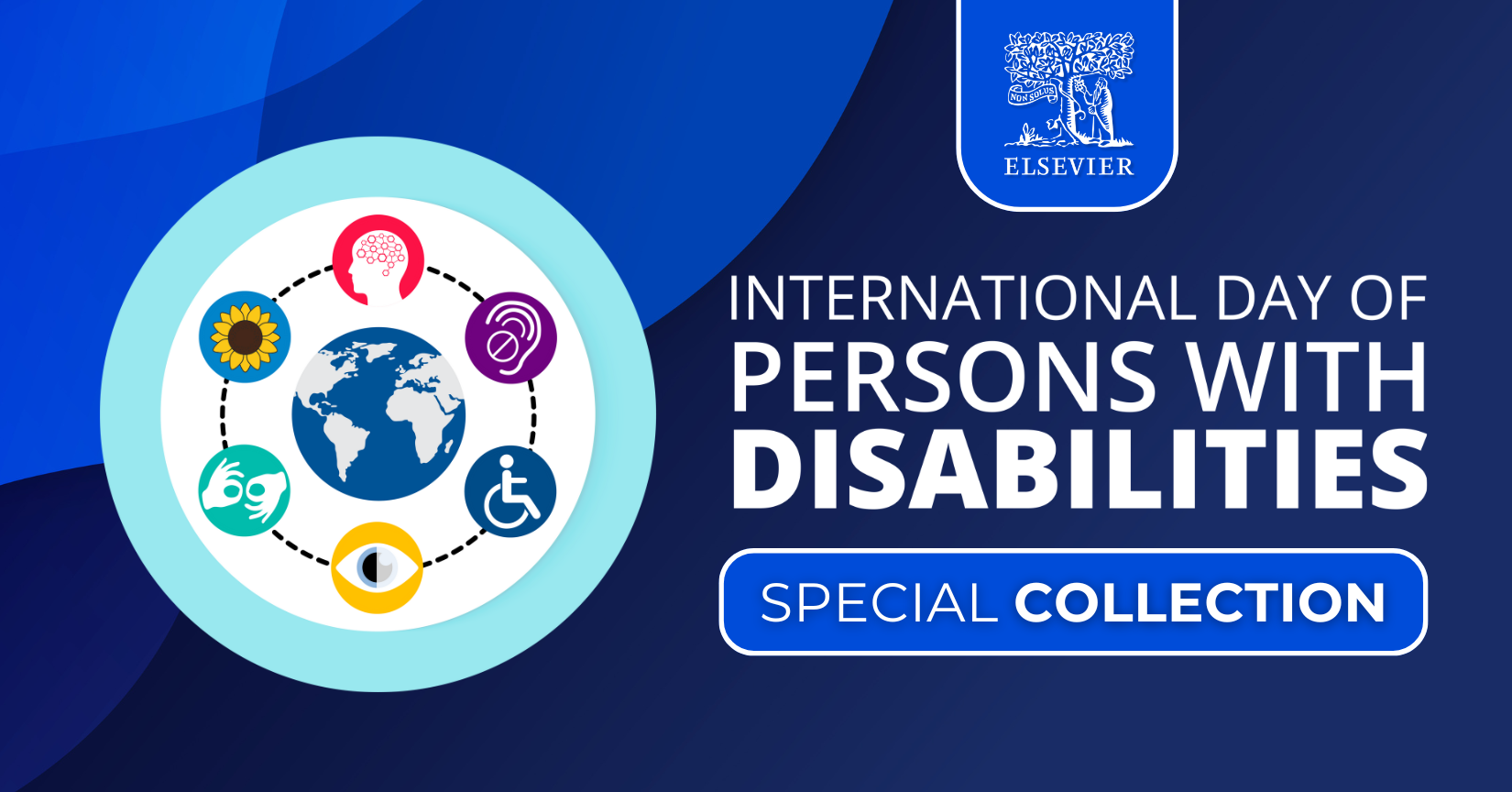Diversity and inclusion are essential tenets of the Sustainable Development Goals (SDGs), a set of global objectives designed to address various social, economic, and environmental challenges. These concepts are not only integral to specific SDGs but also permeate the entire framework, emphasizing the need for equitable and inclusive approaches in all aspects of development.
SDG 10 (Reduced Inequalities) and SDG 5 (Gender Equality) are directly connected to the principles of diversity and inclusion. SDG 10 aims to reduce inequality within and among countries. This involves taking measures to ensure the social, economic, and political inclusion of all, regardless of age, sex, disability, race, ethnicity, origin, religion, or economic or other status. It calls for the elimination of discriminatory laws, policies, and practices, providing equal opportunities and reducing disparities, particularly for the most vulnerable and marginalized groups.
SDG 5 focuses on achieving gender equality and empowering all women and girls. This goal underscores the need for ending all forms of discrimination against women and girls everywhere, and it involves various targets including the elimination of violence, ensuring women's full participation in leadership and decision-making, and guaranteeing equal rights to economic resources. By promoting gender equality, SDG 5 directly contributes to the broader objective of creating inclusive societies.
Furthermore, diversity and inclusion are crucial in achieving SDG 4 (Quality Education), which aims to ensure inclusive and equitable quality education and promote lifelong learning opportunities for all. This involves addressing disparities in access to education and ensuring that vulnerable populations, including persons with disabilities, indigenous peoples, and children in vulnerable situations, receive equal opportunities for education. Inclusive education is a foundation for building more inclusive societies, as it prepares all individuals to participate fully in their communities and economies.
SDG 8 (Decent Work and Economic Growth) also embodies the values of diversity and inclusion. It promotes sustained, inclusive, and sustainable economic growth, full and productive employment, and decent work for all. This includes advocating for equal pay for work of equal value, promoting safe and inclusive working environments, and reducing the gender pay gap. By ensuring that all individuals have access to decent work opportunities and are treated fairly in the workplace, SDG 8 plays a pivotal role in advancing inclusive economic growth.
The pursuit of diversity and inclusion is indispensable for realizing the vision of the SDGs. These principles are not confined to specific goals but are woven throughout the entire framework, reflecting the understanding that a fair, sustainable, and prosperous world can only be achieved when all individuals, regardless of their background or circumstances, have the opportunity to contribute to and benefit from development. The SDGs recognize that addressing inequalities, empowering marginalized groups, and ensuring inclusive participation are essential for sustainable development, and they call on all stakeholders, including governments, businesses, civil society, and individuals, to work towards these objectives.
An estimated 1.3 billion people around the world live with a significant disability - that’s 1 in 6 of us.
Each year on 3 December, the International Day of Persons with Disabilities (IDPD) highlights the importance of advancing the rights, well-being and full inclusion of persons with disabilities in every aspect of society.
To mark this important day, Elsevier has curated a free-to-access special collection featuring the latest research and insights, now available on the RELX SDG Resource Centre. Explore the collection.
Climate Change and Disability: A Collaborative Approach to a Sustainable, Inclusive Future for All 2026, pp 45-48
This chapter highlights how climate change intensifies health challenges and resource access barriers for women with disabilities, aligning with SDG 3 (Good Health and Well-being) by emphasizing the need for inclusive decision-making to improve health outcomes and ensure equitable access to rights.
Climate Change and Disability: A Collaborative Approach to a Sustainable, Inclusive Future for All 2026, pp 77-84
This chapter underscores how climate change amplifies health risks and systemic barriers for children, especially those with special health care needs, aligning with SDG 3 (Good Health and Well-being) by addressing health vulnerabilities, SDG 10 (Reduced Inequalities) through calls for inclusive policies, and SDG 13 (Climate Action) by advocating disability-inclusive climate adaptation and resilience strategies.
Applied Behavior Analysis for Clinical, Educational, and Training Applications, 2026, pp 305-326
This chapter introduces autism spectrum disorder (ASD) and intellectual developmental disabilities through applied behavior analysis (ABA), aligning with SDG 3 (Good Health and Well-being) by promoting evidence-based strategies to improve health and quality of life, and SDG 10 (Reduced Inequalities) by advocating ethical, inclusive practices that respect neurodiversity and ensure equitable support for individuals with ASD and IDD.
Advancing Brain Cancer Care: Precision, AI Innovation, and African Insights, 2025, pp 209-231
This chapter explores ethical challenges in the research, development, and commercialization of neural interfaces, aligning with SDG 3 (Good Health and Well-being) by ensuring safe and responsible innovation in neurotechnology, SDG 9 (Industry, Innovation, and Infrastructure) through fostering ethical advancement in cutting-edge technologies, and SDG 10 (Reduced Inequalities) by addressing issues of distributive justice and equitable access to emerging neurotechnologies.

